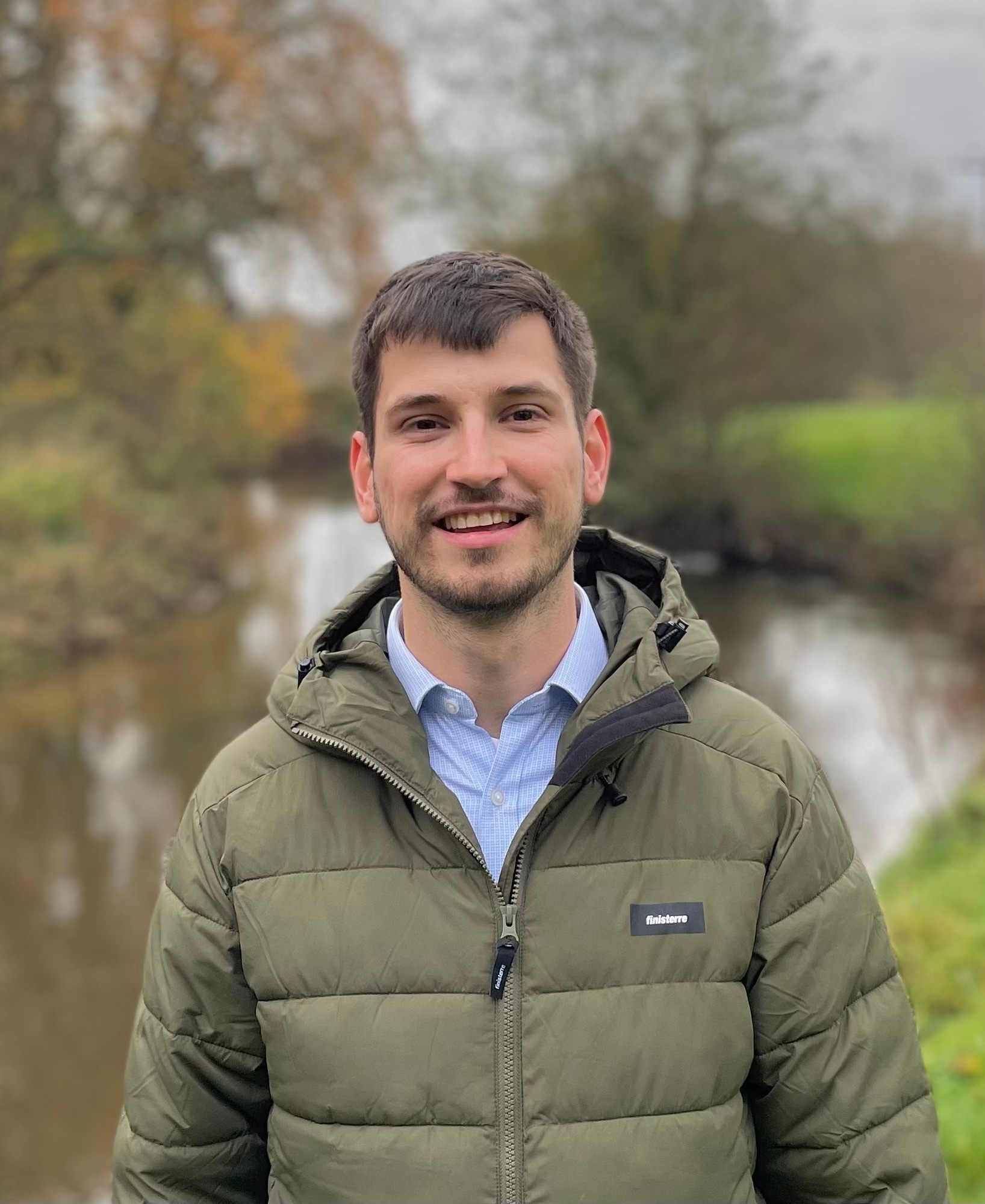August 2022
It probably comes as no surprise that the UK is facing a potential drought. After the driest eight-month period for over 45 years, and a July heatwave with record-breaking temperatures over 40°C, England is experiencing its driest conditions since the Great Drought of 1976.
And yet, as millions now face restrictions on water use and as the first 5 miles of the source of the River Thames dries up for the first time, it can’t help but feel as though we’ve been caught out. As environmental groups have pointed out, we’ve been in this situation before, but very little has changed.
The problem starts well before the July heatwave. Our relationship with water is far from sustainable - most of England is classified as seriously water stressed, and we face a potential 4 billion litres a day water deficit by 2050, with demand set to exceed supply in parts of the country in the next 20 years. Nearly a quarter of English rivers are already at serious risk from unsustainable water abstraction, responsible for unnaturally low flows that harm wildlife and increase the potency of pollutants.
But action to tackle these problems and secure a plentiful supply of water for people and nature has been lacking. Failure to keep investment in pace with rising demand means we do not have sufficient water resources infrastructure, and poor maintenance means that we lose nearly 20% of our water supply to leaks – equivalent to 2.4 billion litres per day across England's nine major water companies. As consumers, a lack of water efficiency technology such as smart meters in our homes means we’re often not aware of our water usage - 46% of people think their entire household uses less than 20 litres of water a day, when the real figure is around 150 litres per person. Critically, we do not sufficiently protect the most vulnerable freshwater habitats, such as our treasured chalk streams, from abstraction - nearly a fifth of surface waters, and over a quarter of groundwaters, do not have enough water to protect the environment and to meet the needs of fish and other aquatic life.
When we are faced with extremely dry conditions, these problems only get worse. Furthermore, short-term response measures such as drought permits, that allow water companies to continue taking water from rivers to meet demand, are unsustainable and simply exacerbate environmental harm.
Put simply, our resilience to drought isn’t what it needs to be. So, how do we take action to build that resilience – and to avoid ending up in this situation again?
1. We need to increase both water industry and environmental resilience to drought.
We know that the resilience of our natural environment and our water sector is connected - the health, wellbeing and persistence of nature depends on a secure, sustainable supply of water, and vice versa. It’s therefore vital that we boost the resilience of both, through strategic management of water resources at catchment scale.
We need to see increased long-term water storage such as reservoirs, alongside reduced abstraction in protected areas and vulnerable waterbodies such as chalk streams. No new reservoirs have been built in southern England since 1976. The current water industry Price Review is a key opportunity for Ofwat and water companies to deliver the necessary investment to boost resilience. The upcoming regional and company water resource management plans must also reflect the urgency and scale of the issue – we need to see ambitious, immediate action to secure our water supplies now, not after decades of delay.
2. We need to adapt to our changing climate.
As our climate changes, the threat of drought will only worsen. We need to adapt to this changing climate, working with nature at catchment scale, not only to buffer the impacts of extreme weather but to break out of an unmanageable cycle where we lurch between drought and flooding.
Ofwat and Defra must address the barriers to the uptake of catchment and nature-based solutions through the current Price Review, to incentivise and allow their use by water companies and other stakeholders. This would allow us to unlock their full potential to restore soil health and wetland habitats, storing water within the environment, as well as delivering a range of wider benefits for nature, and for society.
3. We need to drive water efficiency up, and demand down.
Ultimately, we need to reduce the amount of water we use, leaving more in the environment for the wildlife that depends upon it. To achieve this, we need to drive down per capita consumption of water to 100 litres per day (or less) by 2050. The current average of around 150 litres per day is one of the highest rates of water usage in Europe.
Tighter efficiency standards for new development, driven by an ambitious Government roadmap, will help reduce water usage in our homes. This should be complemented by removing Government’s current restriction on meter rollout, employing smart meters in particular to help consumers engage with their water use and to encourage behaviour change. Fitting 1 million smart water meters in the UK each year for the next 15 years could save at least 1 billion litres of water a day by the mid-2030s. Non-household use must also be considered - for example, payments through the Environmental Land Management Scheme to support wetland creation, farm water storage and water efficiency. Greater investment in water resources infrastructure is also essential, to reduce the amount of water lost to leakage.
It's clear that we need ambitious, holistic action to build our resilience to drought, and to secure a clean and plentiful water supply. Though we all have a part to play, the Government, water companies and Ofwat must lead the way, delivering strategic management of water for the long-term needs of nature and people through the upcoming regional and company plans, and through the Price Review.
Without this, we will find ourselves in a worsening situation, having the same conversations, again, and again, and again. We need action now.
Ali Morse is Water Policy Manager at The Wildlife Trusts, and Chair of Blueprint for Water. Nathan Richardson is Head of Policy at Waterwise. James Overington is Water Policy Officer at WildFish. Stuart Singleton-White is Head of Campaigns at the Angling Trust. Ellie Ward is Policy and Information Coordinator at Wildlife and Countryside Link.
Follow: @WildlifeTrusts, @Waterwise, @WildFishCons, @AnglingTrust, @WCL_News
The opinions expressed in this blog are the authors' and not necessarily those of the wider Link membership.





Latest Blog Posts